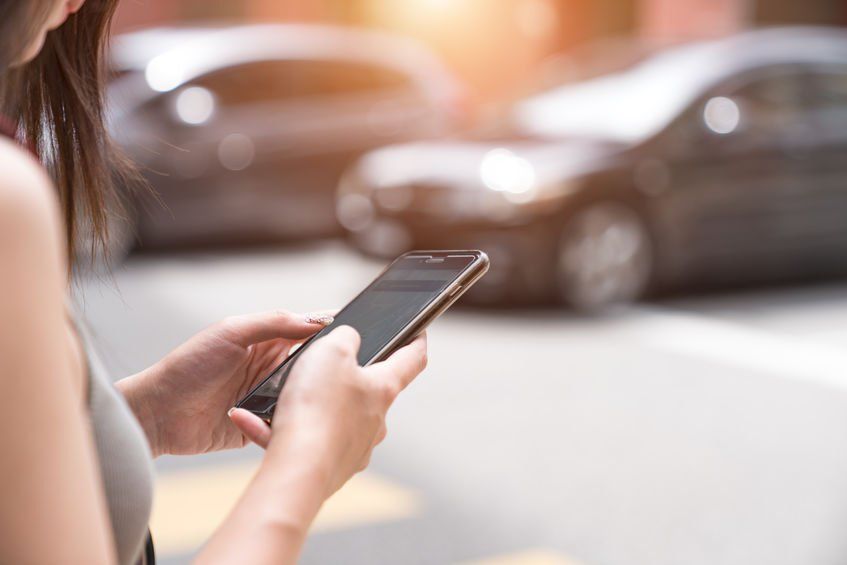How Do You File a Ridesharing Accident Lawsuit?

Ridesharing is becoming more popular across the U.S., especially in urban areas where it may be harder to navigate traffic or park with your own vehicle. Ridesharing vehicles can be involved in devastating accidents though, leaving you or a loved one injured. Here’s what to do after a ridesharing accident and how to file a lawsuit.
First Steps to Take After a Ridesharing Accident
Ridesharing accidents are like most other car accidents when you’re on the scene. Make sure you:
- Contact emergency services if anyone involved in the crash was hurt.
- Contact the police to report the accident if no one was harmed in the collision.
- Screenshot the receipt for your ride on the Uber or Lyft app, and take photos of the accident if you can.
- Get the contact information from any witnesses who may have seen the accident.
- Seek medical care right away, even if you don’t feel like you’ve been injured.
Ridesharing accidents may not seem very different in terms of how they’re handled on the scene, but the process of handling an insurance claim and a potential lawsuit is.
What You Need to Know About Ridesharing Insurance
The two most popular ridesharing companies, Uber and Lyft, have identical insurance policies. The coverage changes depending on whether the driver is offline, available, en route, or on a trip. If a driver is offline, they are only covered by their personal auto insurance policy. When drivers are available but not on a trip or en route, they carry liability coverage of up to 50k/25k/100k for bodily injury, property damage, and total damages, respectively. When a driver is en route or on a trip, liability coverage increases to $1 million.
Bringing Forward a Lawsuit for Damages
Injured in a ridesharing accident? You may be able to collect compensation for more than property damage and medical expenses. A lawsuit can help you recover restitution for lost wages and pain and suffering, among other damages. It’s important to discuss your case with a Personal Injury Lawyer to determine if the driver’s negligence or carelessness caused the accident and if you can sue the company, the driver, or both.
Reach Out to an Experienced Car Accident Lawyer Now
Don’t wait to reach out to a car accident attorney with the skills to adequately represent you in a ridesharing accident case. You need sound legal advice now more than ever — contact the Avid Injury & Criminal Defense Law Firm today at (240) 561-7433.

